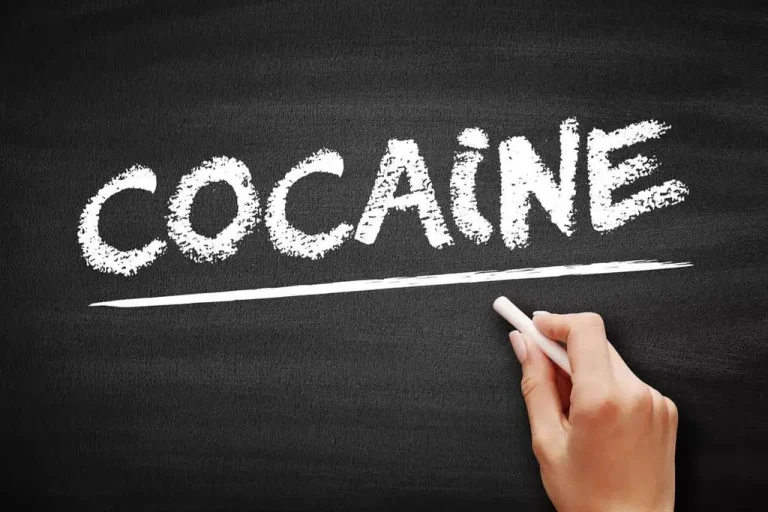Stages of Change in the Addiction Recovery Process

In the preparation stage, an alcoholic has confronted their addiction and is now ready to make meaningful plans to seek treatment in the near future. The alcoholic may begin to tell friends and family about their plans to change, although they are still drinking. Those in the contemplation stage of recovery have begun to recognize https://ecosoberhouse.com/ that they may have a problem but are still non-committal about seeking treatment. People may try to curb their alcohol addiction on their own during this stage and put off acquiring professional treatment. Recovery from alcohol addiction doesn’t happen overnight; there are six distinct stages of alcohol recovery.
- For most people, alcohol withdrawal symptoms will begin to subside after 72 hours.
- Recovery not only improves physical health but also enhances mental and emotional well-being.
- If you have an addict in your life, help them build a detailed and practical plan of lifestyle changes, treatment program options, and behavioral therapy options that will help set them up for long-term success.
- Reaching stage 6 of the alcohol recovery process marks a significant milestone in one’s journey towards sobriety.
What Are the 6 Stages of Addiction Recovery?
Most of your efforts are aimed at managing the urge to drink, but it’s about more than just saying no. Recovery is possible, especially with the help of loved ones and groups like AA. There is no set timeline for how long it will take someone to go through the steps. A person typically begins by attending stages of alcoholic recovery their first AA meeting and being introduced to newcomer information (including information on the 12 steps). This article will describe the foundation of the steps, what each of the 12 steps of recovery means, what to expect when doing the steps, and how to help a person recovering from an addiction.
Ready to make a change?

Because alcohol withdrawal can be life-threatening, detoxing in a medically managed environment is advisable. While recovery from alcoholism can take weeks, months or even years, most people progress through six stages of change as they overcome an alcohol addiction. Why is it so crucial to grasp these stages when dealing with addiction?
For how long does alcohol stay in blood?

Choosing the right rehabilitation program depends on various factors, including the severity of the addiction, personal circumstances, and individual needs. It’s important to consult with healthcare professionals or addiction specialists to determine the most suitable program for an individual’s unique situation. During detoxification, the body adjusts to functioning without alcohol. This adjustment period may lead to various withdrawal symptoms as the body detoxifies. The duration and severity of these symptoms can vary depending on factors such as the individual’s level of alcohol dependence and overall health.
- For the first part of the action stage, we recommend you seek the support of a qualified alcohol detox and rehab facility.
- During this stage, it is helpful to reach out to a trusted healthcare professional, counselor, or support group who can provide guidance and support.
- The withdrawal symptoms can also escalate in severity rather quickly and aggressively.
- By the time people reach the contemplation stage, they’ve begun to recognize they have a drinking problem and may want to get help, but they’re often on the fence about it.
Alcohol Detox for Withdrawal
- Alcohol rehabilitation plays a crucial role in helping individuals overcome their struggles with alcohol addiction.
- There is no exact timeline for alcohol withdrawal, and individual factors, such as the level of dependence on alcohol, will influence it.
- This stage focuses on developing coping mechanisms and establishing supportive networks to maintain sobriety in the long term.
- Along with anxiety and irritability, you may also experience mood swings when you give up alcohol.
- Although they are still drinking, they’ve likely begun telling friends and family members about their plan to change their behavior — but they may still feel some ambivalence about their choice.
Millions of people do, whether they were once compulsive users of opiates, alcohol, or gambling. Adherence to an after-care plan is crucial in maintaining recovery progress. After completing a formal treatment program, individuals often receive an after-care plan tailored to their specific needs. This plan may include ongoing therapy, support group participation, and regular check-ins with healthcare professionals. Consistently following this plan provides structure and guidance, helping individuals navigate the challenges that may arise post-treatment. As individuals progress through the rehabilitation and therapy stage, they simultaneously work on building a strong support system and developing effective relapse prevention strategies.
The cost of a 30-day inpatient rehab program ranges from $6,000 to $30,000, with luxury options exceeding $80,000. Factors like facility type, level of care, and amenities affect pricing, and financial assistance options like scholarships, sliding scale fees, and payment plans can help manage expenses. Prolonged abstinence along with healthy eating and exercise during this stage can also allow people to begin recovery from liver damage.
After completing the rehabilitation phase, individuals in alcohol recovery enter the crucial stage of maintenance and relapse prevention. This stage focuses on developing coping mechanisms and establishing supportive networks to maintain sobriety in the long term. Alcohol rehabilitation plays a crucial role in helping individuals overcome their struggles with alcohol addiction. It provides a structured and supportive environment for individuals to address their addiction and work towards recovery.

Each person’s journey is shaped by a myriad of factors, including physiological, psychological, and social elements. Therapeutic modalities such as cognitive-behavioral therapy (CBT), motivational interviewing, and mindfulness-based interventions offer diverse tools to address the multifaceted aspects of addiction. Addiction recovery is a complex and nuanced process, and recognizing the diversity of individual experiences is crucial in developing effective strategies for sobriety. The concept of harm reduction, along with various modalities, offers a flexible and personalized approach to cater to the unique needs and circumstances of each individual on their journey to recovery. During treatment, some people will embrace the new, healthy habits they’re learning.

